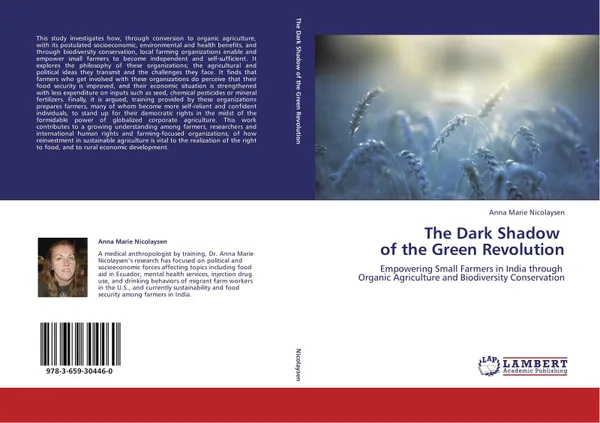The Dark Shadow of the Green Revolution
Где найти книгу?
📒 This study investigates how, through conversion to organic agriculture, with its postulated socioeconomic, environmental and health benefits, and through biodiversity conservation, local farming organizations enable and empower small farmers to become independent and self-sufficient. It explores the philosophy of these organizations; the agricultural and political ideas they transmit and the challenges they face. It finds that farmers who get involved with these organizations do perceive that their food security is improved, and their economic situation is strengthened with less expenditure on inputs such as seed, chemical pesticides or mineral fertilizers. Finally, it is argued, training provided by these organizations prepares farmers, many of whom become more self-reliant and confident individuals, to stand up for their democratic rights in the midst of the formidable power of globalized corporate agriculture. This work contributes to a growing understanding among farmers, researchers and international human rights and farming-focused organizations, of how reinvestment in sustainable agriculture is vital to the realization of the right to food, and to rural economic development.
Мнения
